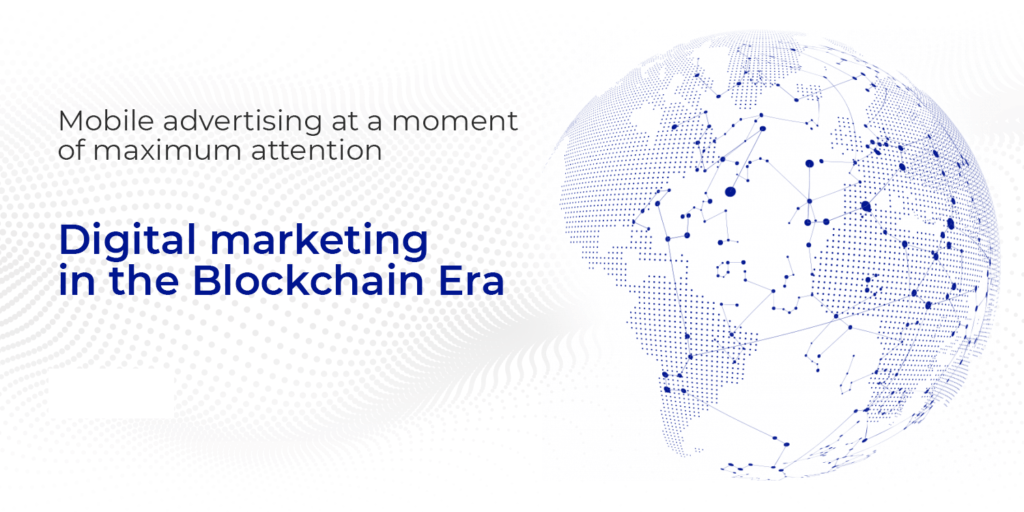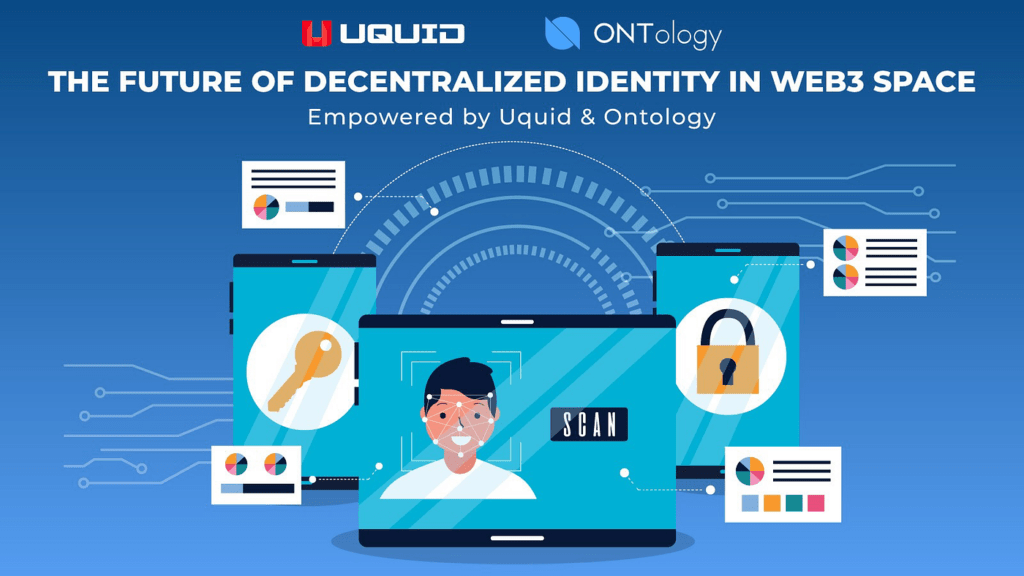The digital landscape is undergoing a profound transformation, ushering in the era of Web3—an evolution beyond the current internet infrastructure. With the rise of blockchain technology, decentralized networks, and the metaverse, the future of marketing is taking a shape that transcends traditional boundaries. In this blog, we will explore the key components of Web3 and how they are reshaping the marketing landscape.
Decentralization and Trust
Web3 is characterized by decentralization, a shift away from the centralized control of data and platforms. Blockchain technology plays a pivotal role, in ensuring transparency, security, and trust. In the realm of marketing, this means a departure from the current data monopolies held by tech giants. Marketers will have the opportunity to access accurate and verified data directly from users, fostering trust and authenticity in brand-consumer relationships.
The centralized model has long been criticized for privacy concerns and the misuse of user data. Web3 aims to address these issues by providing users with greater control over their data. Blockchain, with its decentralized and tamper-proof ledger, ensures that user data is secure and transparent. Marketers, in the Web3 era, will need to adapt to this new paradigm by respecting user privacy and building campaigns that prioritize transparency and consent.
Tokenomics and the Rise of Cryptocurrency
Cryptocurrencies, powered by blockchain technology, are becoming integral to Web3. The use of crypto in marketing introduces new possibilities for transactions and engagement. Smart contracts enable seamless and secure micropayments, incentivizing user participation and loyalty. Brands can create and utilize their own tokens, fostering a tokenized economy where users are rewarded for their interactions, creating a more dynamic and mutually beneficial marketing ecosystem.

Tokenomics is redefining how brands interact with their audience. Instead of relying solely on traditional advertising models, companies can create decentralized applications (DApps) and reward users with their native tokens for specific actions. This not only encourages user engagement but also builds a sense of community and loyalty around a brand.
NFTs (Non-Fungible Tokens) in Marketing
The rise of NFTs is revolutionizing the way marketers approach digital assets. NFTs, unique and indivisible tokens on the blockchain, provide a way to represent ownership of digital content. In the future of marketing, brands can use NFTs to tokenize exclusive content, creating scarcity and uniqueness. This not only adds value to digital assets but also opens up new avenues for creativity and storytelling in marketing campaigns.
NFTs enable the creation of verifiably rare and collectible digital assets, allowing brands to engage their audience in novel ways. For instance, a clothing brand could release limited edition virtual outfits as NFTs, granting exclusive access to the owners in the metaverse. This blend of exclusivity and digital ownership can enhance brand loyalty and engagement.
The Metaverse and Immersive Experiences
Web3 is giving birth to the metaverse—a collective virtual shared space that goes beyond the traditional two-dimensional internet. In this immersive environment, marketing takes on a new form. Brands can create virtual spaces, allowing users to interact with products and services in ways previously unimaginable. The metaverse becomes a platform for experiential marketing, where consumers don’t just see advertisements but actively engage with brands in a three-dimensional, interactive space.
The metaverse is not a distant concept but a rapidly emerging reality. Companies are already exploring ways to establish a presence in this virtual realm. Real estate within the metaverse is being bought and sold, and brands are creating virtual storefronts and experiences for users.
User Empowerment and Privacy
Web3 prioritizes user empowerment and privacy. With decentralized identities and ownership of personal data, users have greater control over how their information is used. This shift demands a new approach to marketing—one that respects user privacy and offers personalized experiences based on user consent. The future of marketing in Web3 will be built on a foundation of mutual respect between brands and consumers.

In the traditional marketing landscape, user data has often been exploited without clear consent, leading to privacy concerns and ethical questions. Web3 seeks to address these issues by putting users in control of their data. Decentralized identity solutions empower users to share only the information they are comfortable with, fostering a more transparent and respectful relationship between brands and consumers.
Conclusion
As we navigate the uncharted waters of Web3, the future of marketing unfolds with unprecedented opportunities and challenges. The decentralization of data, the integration of cryptocurrencies, the rise of NFTs, the emergence of the metaverse, and a focus on user empowerment will reshape the marketing landscape. Brands that embrace these changes and adapt their strategies to the principles of Web3 will not only stay relevant but also lead the way in creating innovative, immersive, and ethical marketing experiences.
The future beckons and those who dare to explore Web3 will find a new frontier of possibilities in the realm of marketing. It is a paradigm shift that demands creativity, adaptability, and a commitment to building meaningful connections with empowered and privacy-conscious consumers. As Web3 continues to evolve, the marketing landscape will evolve with it, providing marketers with new tools and avenues to redefine how they engage with their audience in this decentralized and immersive digital era.



